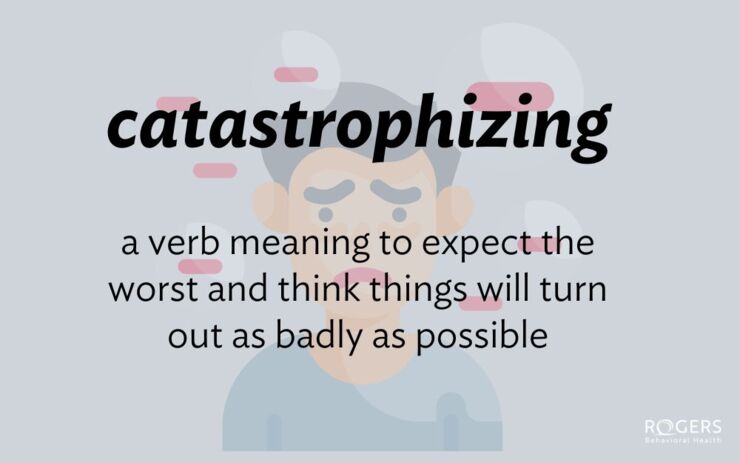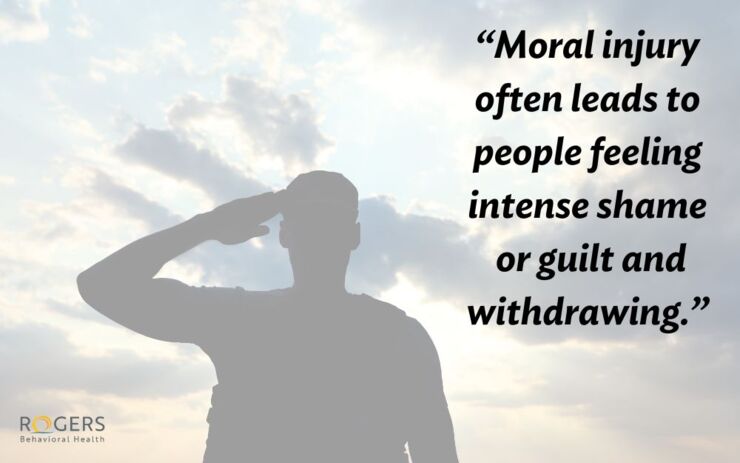Facing addiction amid COVID-19: how to cope and where to turn for support
Posted on 04/24/20 07:08:am
Share this article:
As much of the nation is under stay-at-home orders to keep communities safe from COVID-19, Rogers’ Dr. Michelle Maloney, executive director of addiction services, shares that some are also finding the need to keep themselves safe from another health risk, addiction.
“Addiction recovery is all about breaking isolation; it’s about creating connection,” says Dr. Maloney. “When people are already struggling with substances, or realize they’re beginning to struggle, and have been forced into isolation during this pandemic, it becomes really problematic.”
She adds that prior to the pandemic, many had a perceived structure that allowed for those suffering to have self-imposed boundaries for alcohol use. “You might have had rules around when you could drink, like only after work in the evening, but now being at home 24/7 and often under more stress, some are finding themselves drinking earlier and earlier in the day.”
Dr. Maloney points out that although our new reality is certainly harder to navigate when trying to maintain sobriety, there are several ways you can support your recovery.
Stay connected virtually with family and friends
Although we can’t physically be with our extended families and friends right now, we can still virtually engage with others to feel that positive interaction.
“Phone calls, texts, video chats, social media, and even helping a neighbor are all ways that can help make us feel good and connected,” says Dr. Maloney.
Find support through online resources
“Research suggests that the more connections a person has to other people who are in recovery, the more likely they’ll stay in recovery,” says Dr. Maloney.
Smartphone apps can offer that type of instant community support, whether it’s through motivational apps, online recovery meetings, or support groups. Recovery apps can help track the amount of time a person has been sober, milestones, craving and trigger peer support, and even provide support for family members who have a loved one in treatment or in recovery. To learn more, visit our Addiction Recovery Apps to Support a Recovery Lifestyle webpage.
If you’re unsure if you could be experiencing symptoms of addiction, take our new quiz.
Practice self-care
“As part of our addiction treatment protocol for patients, we focus on practicing self-care strategies to help cope with triggers,” explains Dr. Maloney.
Examples of these strategies include distractions (reading a book, learning a new skill or going for a walk), mindfulness (focusing on the present moment and the world around you), daily deep muscle relaxation (DMR) techniques, and deep breathing.
Reach out for professional help
If you think your substance use has gotten out of hand, Dr. Maloney says it’s important to seek medical attention to help you safely withdrawal. Call 911 if you’re in crisis, and for non-emergency situations, call Rogers at 800-767-4411 or request a free, confidential screening online.
“We want people to know that in this time of unprecedented uncertainties, there is hope, and we are here to support you during your recovery journey,” adds Dr. Maloney.
Learn more about Rogers’ addiction treatment, including our evidence-based approach, levels of care, and a new telehealth treatment option for those who can benefit from our specialized outpatient levels of care.



